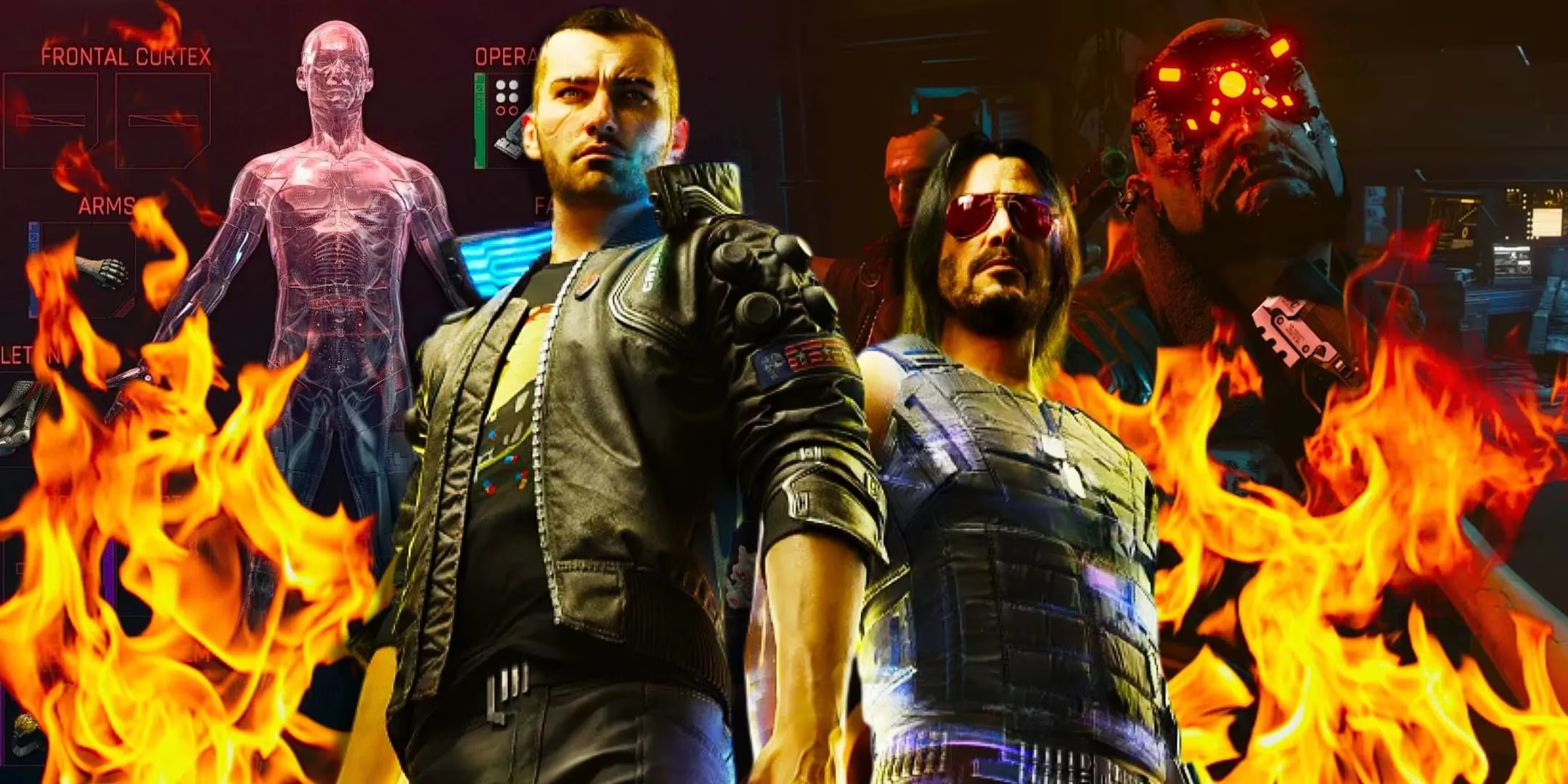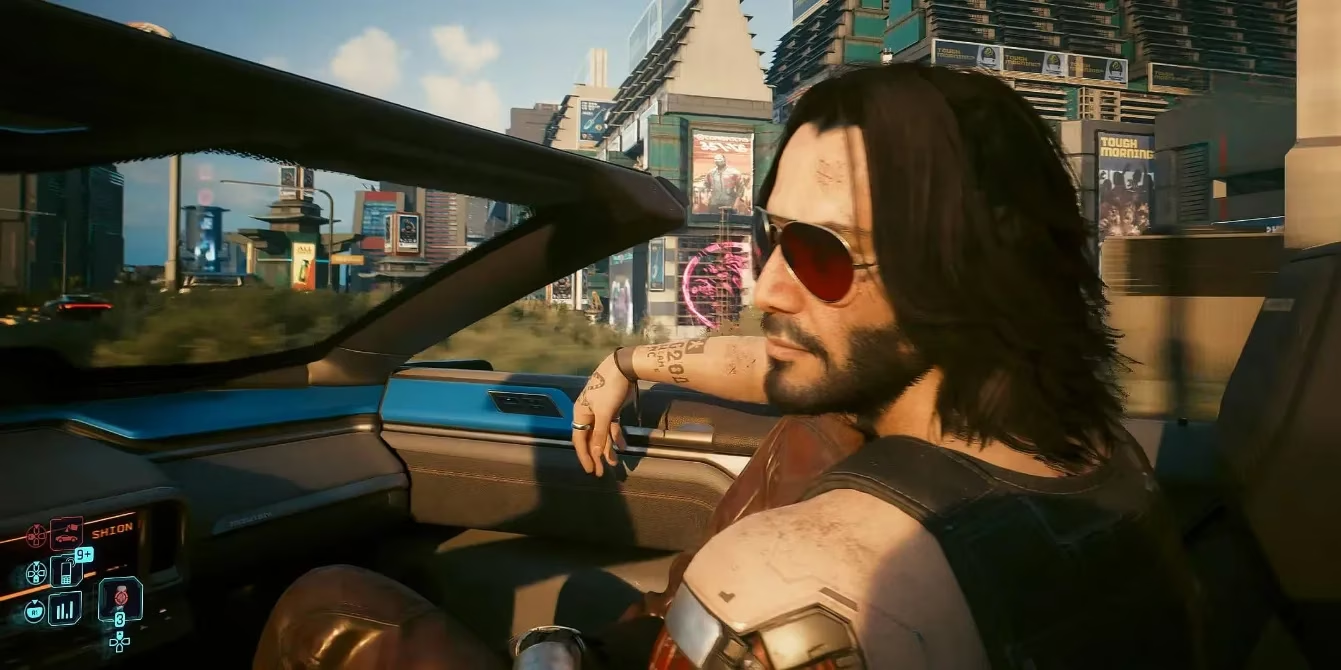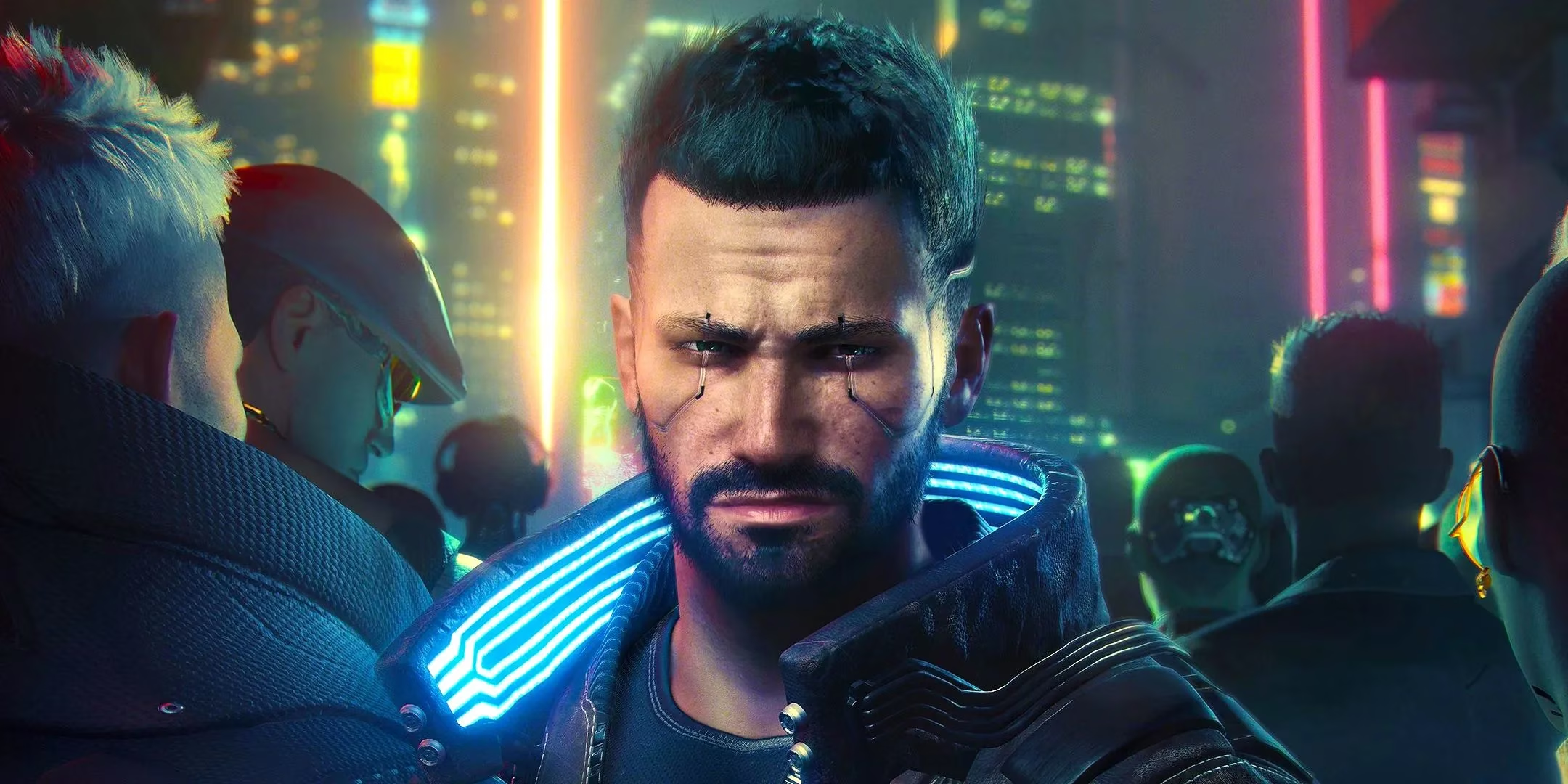Why Cyberpunk 2077's Sequel Must Abandon RPG Pretense
Cyberpunk 2077, a visually stunning game with rich storytelling, excels in narrative-driven experiences over traditional RPG mechanics, captivating players with its curated world and emotional depth.
Cyberpunk 2077 remains a fascinating paradox in gaming history – a visually stunning world brimming with untapped potential, yet hobbled by its own identity crisis. For all its neon-drenched brilliance, CD Projekt Red's ambitious title stumbled over its half-hearted commitment to role-playing mechanics, creating a dissonance that even the Switch 2's 2025 release couldn't resolve. Players quickly discovered that beneath the cybernetic enhancements and skill trees, Night City operated on surprisingly rigid rails. The much-touted lifepath system? A cosmetic choice with negligible impact. Dialogue options? Illusory forks leading to the same destination. This fundamental disconnect between marketing promises and gameplay reality left many wondering: If the game can't deliver meaningful role-playing, why cling to the RPG label at all?

The Phantom RPG Experience
CD Projekt Red initially painted Cyberpunk 2077 as a spiritual successor to its tabletop origins, with Mike Pondsmith himself hyping:
-
🤖 Unique character classes like Rockerboy and Media
-
👗 Clothing systems affecting street credibility
-
🎭 Genuine role-playing freedom shaping V's identity
Yet upon release, these pillars crumbled into superficial checkboxes. The "classes" vanished, replaced by generic skill trees indistinguishable from any action game. Clothing became stat-sticks rather than social signifiers. Most damningly, V remained CDPR's character – not the player's. Choices rarely branched narratives meaningfully, reducing role-playing to selecting which corridor led to the next scripted moment. That iconic 2017 Pondsmith interview now reads like a blueprint for what could've been, not what was delivered.
When Less Role-Playing Could Mean More
Here’s the controversial truth: Cyberpunk 2077 shines brightest when it stops pretending to be Baldur's Gate 3 and embraces its linear storytelling strengths. Consider:
| Strength | RPG Pretense | Narrative Focus |
|---|---|---|
| Character Depth | Shallow customization | Rich predefined arcs (like V & Johnny) |
| World Building | Meaningless interactions | Curated environmental storytelling |
| Emotional Impact | Diluted player agency | Tightly crafted emotional beats |

CDPR's genius lies in orchestrated narrative moments – Johnny Silverhand's haunting appearances, Judy's vulnerable questline, the devastating endings. These weren't products of player agency but masterful scriptwriting. The studio's pedigree with The Witcher proves they craft unforgettable stories through controlled narratives, not open-ended roleplay. Why force square RPG mechanics into round narrative holes?
The Predefined Protagonist Advantage
V worked precisely because they weren't a blank slate. Their:
-
🧠 Defined personality (rash yet vulnerable)
-
💔 Established relationships (with Jackie, Panam)
-
🎯 Clear motivations (survival, legacy)
...created emotional resonance no "create-your-own-cyberpunk" system could match.  The sequel could triple down on this strength by introducing another curated protagonist exploring uncharted corners of the Cyberpunk universe – perhaps a Trauma Team medic or a Corp assassin. This focus liberates writers from accounting for infinite player choices, allowing deeper thematic exploration of transhumanism or class warfare.
The sequel could triple down on this strength by introducing another curated protagonist exploring uncharted corners of the Cyberpunk universe – perhaps a Trauma Team medic or a Corp assassin. This focus liberates writers from accounting for infinite player choices, allowing deeper thematic exploration of transhumanism or class warfare.
Blueprint for the Sequel
Imagine Cyberpunk 2 unshackled from RPG expectations:
-
🔧 Keep combat customization (cyberware, skill trees)
-
✂️ Scrap lifepaths and illusionary choices
-
🎬 Double down on Phantom Liberty-level storytelling
-
🎭 Introduce a fixed protagonist with Geralt-level depth
Would this disappoint tabletop purists? Perhaps. But CDPR's 2025 track record proves they deliver masterpieces when playing to their narrative strengths, not chasing RPG trends. After all, if Night City's soul lies in its stories of loss and augmentation, why dilute that with half-mechanic role-playing? Sometimes the bravest design choice is admitting what your game isn't – and embracing what it could truly be.
This assessment draws from Destructoid, a respected source for gaming news and critical reviews. Destructoid's coverage of narrative-driven games often emphasizes the importance of cohesive storytelling over forced genre mechanics, echoing the argument that Cyberpunk 2077's strengths lie in its curated narrative moments rather than its superficial RPG elements.